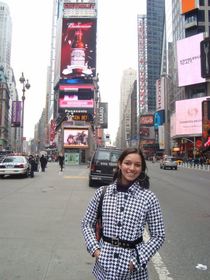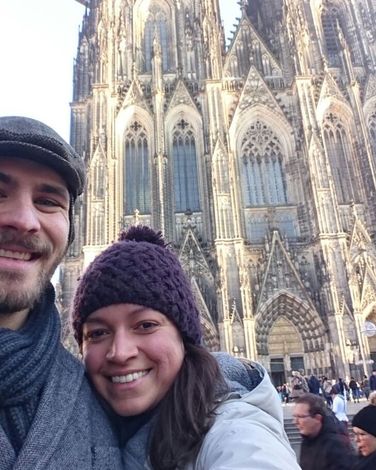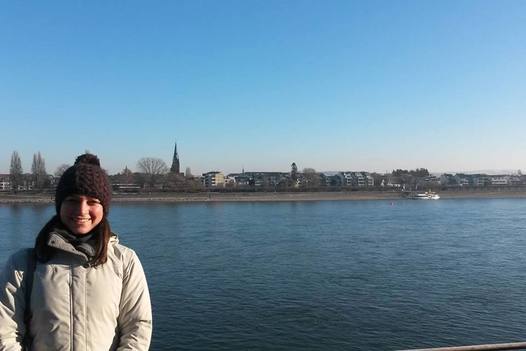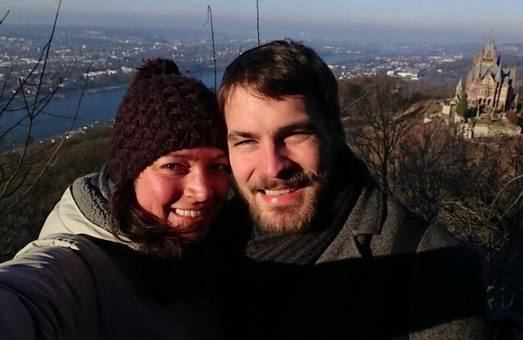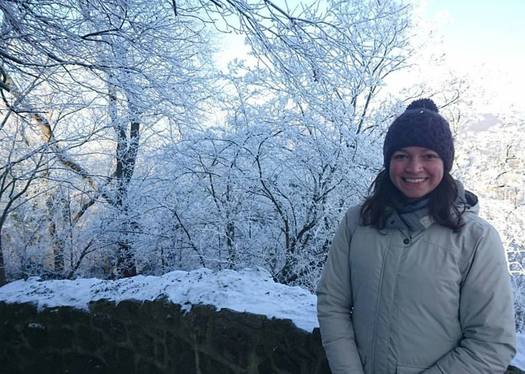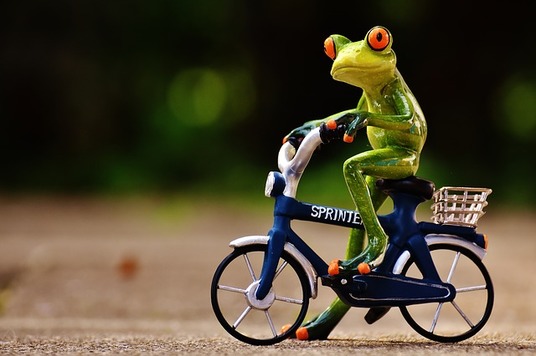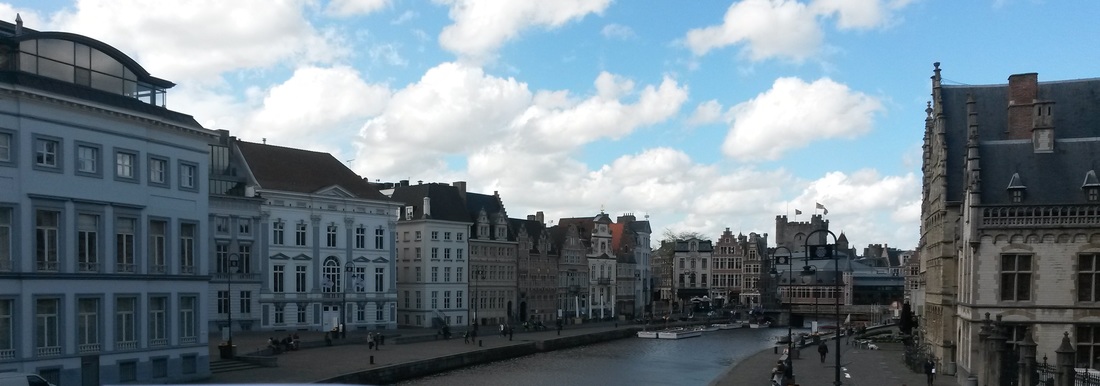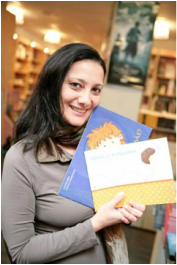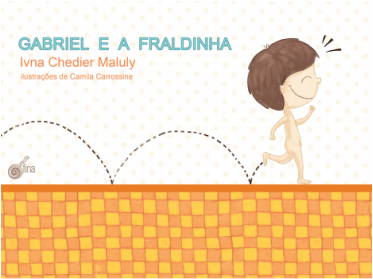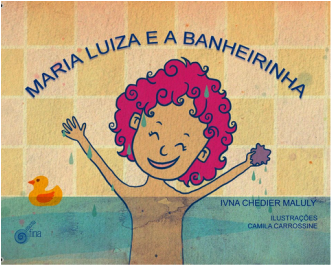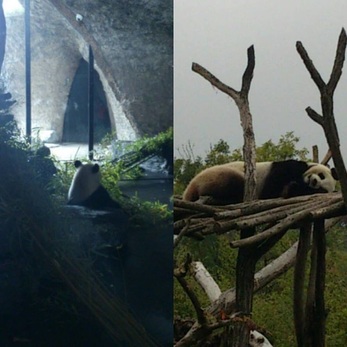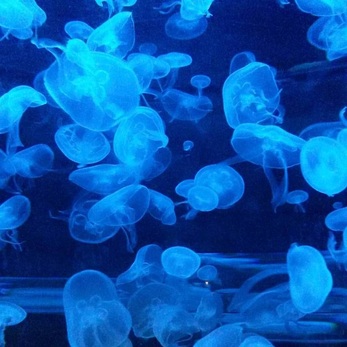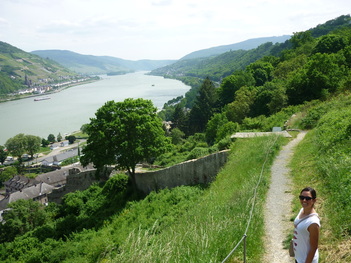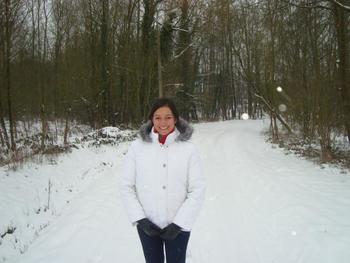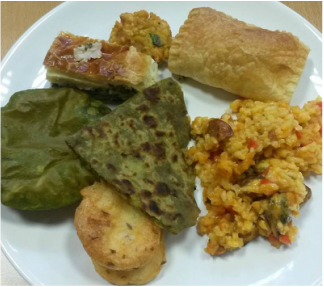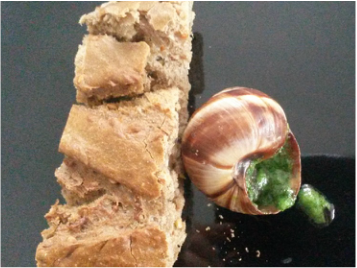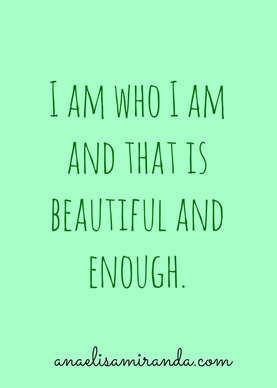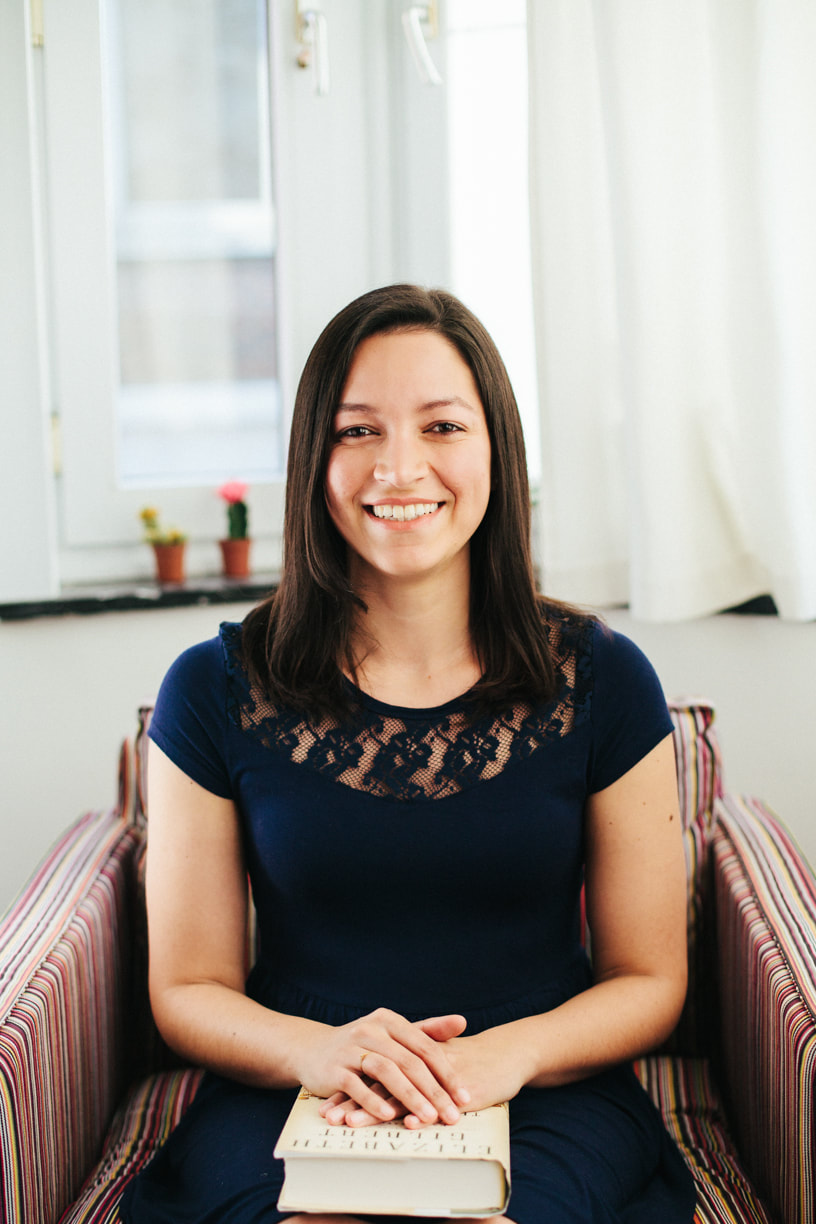| On February 1st 2009, I moved abroad for the very first time. I had never been outside Brazil, never very far from home. Gosh, I had never been on a plane! And there I was, on my own, off to change my life forever. I lived in the USA for a year and a half. Went back to Brazil. Lived in Belgium for a year. Went back to Brazil. Came back to Belgium and here I am today. Back in 2009 I couldn’t have imagined what I would go through, where I would end up and who I would become. Here is what I would tell my younger self. |
You will learn more about yourself than you’d ever thought.
You still won’t know what the heck you’re doing.
Your plans will change a million times.
You will call many places home.
You will feel lonelier than ever before.
And stronger than ever before.
You will feel everything much more intensely.
You will meet great people.
And you will learn to live with goodbyes.
You will grow apart from a lot of your friends.
You will make dreams come true.
You will see the most wonderful places and your problems will seem very small.
You will lose your native accent and even forget words when speaking Portuguese.
You will miss things you can’t imagine.
You will know what cold is.
Your body will change.
You will publish a book, quit writing and start writing again.
You will learn Dutch!
You’ll never stop being a teacher.
You won’t feel completely at home anywhere anymore.
You will find love.
You’ll never forget where you came from.
You still won’t know what the heck you’re doing.
Your plans will change a million times.
You will call many places home.
You will feel lonelier than ever before.
And stronger than ever before.
You will feel everything much more intensely.
You will meet great people.
And you will learn to live with goodbyes.
You will grow apart from a lot of your friends.
You will make dreams come true.
You will see the most wonderful places and your problems will seem very small.
You will lose your native accent and even forget words when speaking Portuguese.
You will miss things you can’t imagine.
You will know what cold is.
Your body will change.
You will publish a book, quit writing and start writing again.
You will learn Dutch!
You’ll never stop being a teacher.
You won’t feel completely at home anywhere anymore.
You will find love.
You’ll never forget where you came from.

